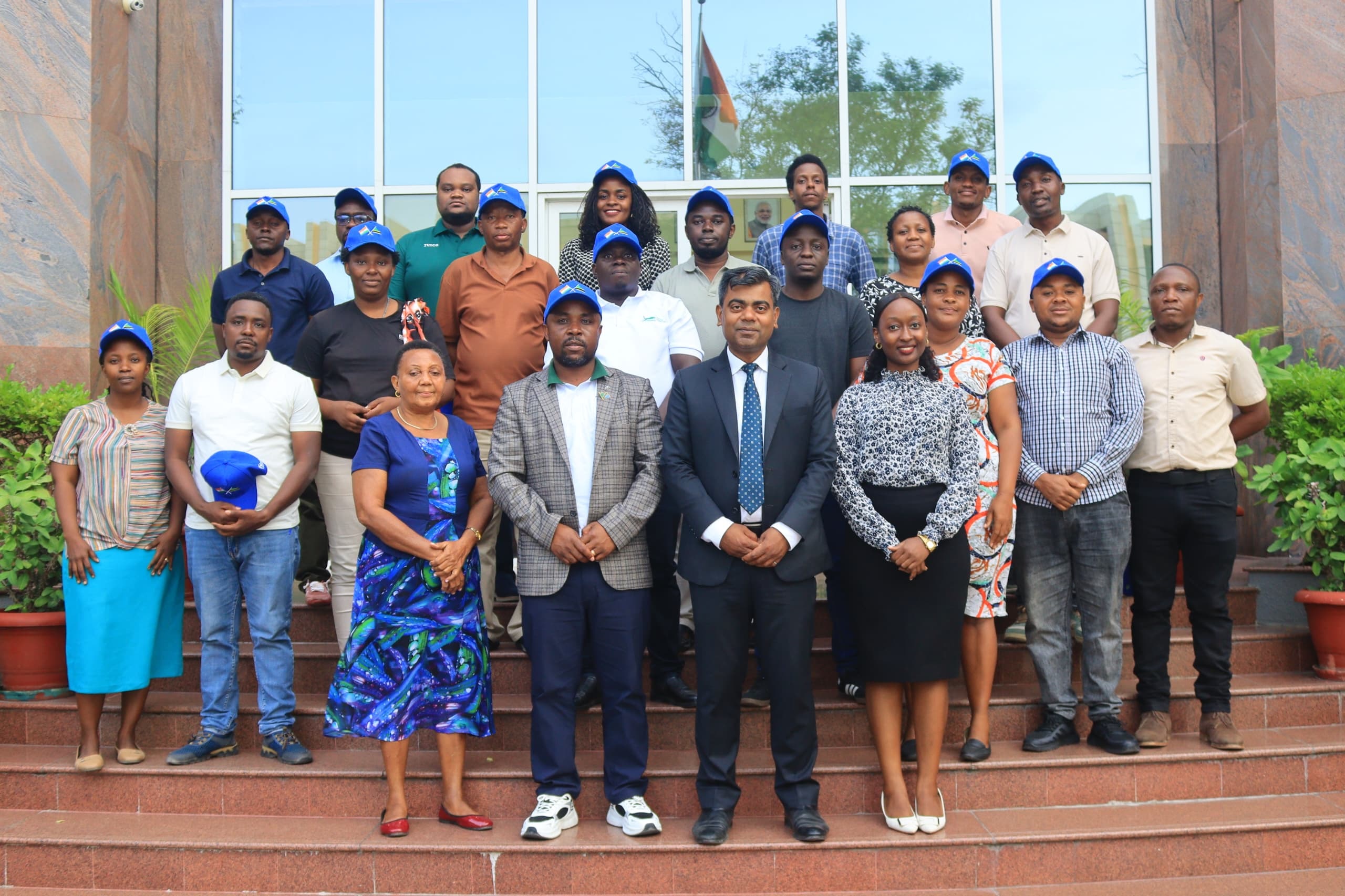UHI: Minister tasks NHIF with reaching out to targeted groups

EMPLOYEES of the National Health Insurance Fund (NHIF) need to prioritize the safety and wellbeing of all citizens by ensuring access to essential healthcare services, the government has demanded.
Jenista Mhagama, the Health minister, stated this need when inaugurating the NHIF board of directors here on Tuesday, asking the board to ensure the effective implementation of the new Universal Health Insurance (UHI) Act of 2023.
NHIF conduct needs to meet expectations and needs of the people, spelling out a series of instructions, including the need for the board to establish robust strategies to expand the fund’s reach to more citizens within six months.
One of the immediate tasks is to ensure efficient implementation of the universal health insurance law and its proper execution to advance its objectives, she stated.
The minister asked board members to work closely with the NHIF management, the Health permanent secretary and the relevant parliamentary committee to ensure the successful implementation of what the Act stipulates.
Its implementation needs to meet expectations of Tanzanians, she stated, stressing the need to create a strong universal health insurance system.
The government wishes that Tanzania becomes a global model for managing insurance systems through universal insurance cover, she stated.
She was of the view that board members can safeguard current achievements if they exercise sufficient diligence, using the surplus funds wisely.
“If we continue on this path, the fund will have reserves sufficient for 10 to 15 years. This requires patriotic decisions aligned with our national interests,” the minister intoned.
The board needs to educate the public on the new insurance packages recently introduced, she said, pointing out that up to the start of this month, the government had disbursed 8.9trn/- to the health sector cumulatively since 2021.
Elibariki Kingu, the chairman of the parliamentary committee on Health and combating HIV, advised that implementing UHI Act o requires collaboration with a number of ministries.
He cited Agriculture and Mining ministers as essential in liaison work to include small-scale miners and farmers via cooperatives in the fund to reach membership targets, he said.
Dr Irene Isaka, the NHIF director general, had earlier noted that the outgoing board had a vital contribution in drafting the universal health insurance bill and oversaw an increase in members from 1.2m in 2020 to 1.24m last year.
The board put up efforts in verifying members and retirees, approving benefit packages and oversaw the rollout of information and communication technology to promote the universal health cover project, she stated.
Challenges faced by the previous board included rising o expenditure on non-communicable diseases, lack of insurance culture among citizens and the voluntary nature of health insurance enrolment, she stated.
Other challenges being faced are delayed repayment of loans issued to the government by the fund and increased costs of serving retirees, she stated.
Despite these challenges the board had reduced deficits, raised the fund’s surplus from 47bn/- in 2020 to 111bn/- at the start of this month, enhanced the registration of participating service providers and reduced claim processing times, she explained.
Dr Baghayo Saqware, the Tanzania Insurance Regulatory Authority (TIRA) commissioner, stated that NHIF accounts for more than 80 percent of health insurance services in the country, with the private sector contributing less than 20 percent.
The insurance sector was growing due to favourable policies introduced by the government, he added.
Top Headlines
© 2025 IPPMEDIA.COM. ALL RIGHTS RESERVED






















